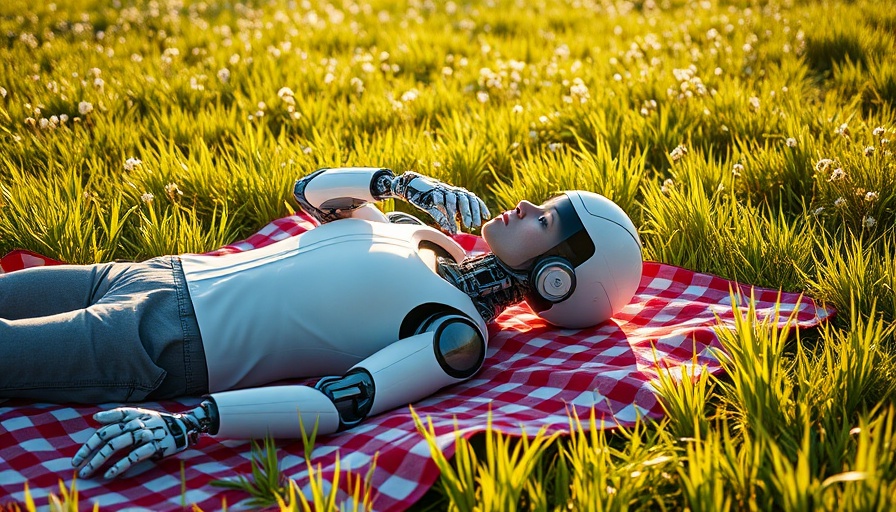
The Evolution of Human Relationships in the AI Age
The trajectory of human relationships is experiencing unprecedented shifts as artificial intelligence (AI) increasingly permeates personal interactions. The premise that people may eventually form emotional bonds with AI entities is no longer science fiction but an emerging reality. The idea of AI lovers, while controversial, questions the fundamental nature of love and connection in contemporary society. This evolution begs the question: will AI relationships enrich human connections, or do they act as misguided replacements?
Understanding the Rise of AI Companionship
Historical trends show that humans adapt their relational paradigms in response to technological advancements. From the advent of telecommunication to the proliferation of social media, each leap in technology has introduced new dynamics in interpersonal relationships. Today, AI companionships are poised to transcend mere novelty and enter mainstream culture, particularly among younger generations who are tech-savvy, engaged, and often feel detached from traditional relational frameworks.
A New Definition of Love: Traditional vs. AI
Traditionally, love has been defined by complex emotional and social constructs between humans. However, as technology evolves, redefining love to include AI will become increasingly plausible. If individuals find satisfaction, connection, and even companionship through AI entities, what does that mean for the essence of love? As noted in cultural critiques, AI could provide a unique avenue for exploration in relationships, serving as catalysts for understanding human connection. Alternatively, it raises ethical concerns, including emotional dependency on non-human entities and the risk of isolation from real-life interactions.
Parallel Example: The Impact of Social Media on Relationships
Drawing a parallel to the influence of social media, the advent of platforms such as Instagram and Snapchat has transformed how relationships are formed and maintained. Like AI companions, social media alters perceptions of connection. A significant number of users already seek emotional validation from curated online personas, leading to debates about authenticity and emotional well-being. As seen in this digital age, AI might further enhance or complicate the relational landscape we navigate daily.
Future Predictions: Will AI Lovers Become the Norm?
Experts in technology and sociology suggest we may soon witness the normalization of AI relationships. With rapid advancements in machine learning and natural language processing, AI can now simulate human interaction with stunning realism. The question remains whether this kind of relationship will satisfy genuine human needs or simply reflect a societal shift toward convenience over emotional depth. Ultimately, the implications of AI on future relationships could range from enrichments in emotional understanding to challenges regarding the authenticity and depth of connection.
Counterarguments: Risks and Ethical Considerations
It is crucial to consider the risks associated with AI companionships. Critics argue these relationships may promote unhealthy dependencies by offering a controlled environment devoid of the complexities inherent in human relationships. Furthermore, the ethical ramifications of AI’s role in emotional fulfillment raise significant issues: How do we manage consent, agency, and emotional safety in such scenarios? Addressing these concerns will be essential in creating frameworks for integrating AI into our personal lives authentically and ethically.
Practical Insights: Navigating AI Relationships Responsibly
For those intrigued by the potential of AI relationships, navigating these waters responsibly will require thoughtful consideration. Understanding the intended purpose of AI companionship—whether for emotional support, entertainment, or casual interaction—is crucial. Maintaining a balance between AI engagement and nurturing human relationships will ensure that technology serves as a tool for enhancement rather than replacement. Users should be encouraged to reflect on the emotional impacts of such relationships and prioritize connections that promote mutual growth and understanding.
As society marches toward an AI-integrated future, it’s vital to navigate these uncharted waters with a balance that honors the importance of genuine human connections while exploring the unique experiences AI may offer.
 Add Row
Add Row  Add
Add 




 Add Row
Add Row  Add
Add 

Write A Comment